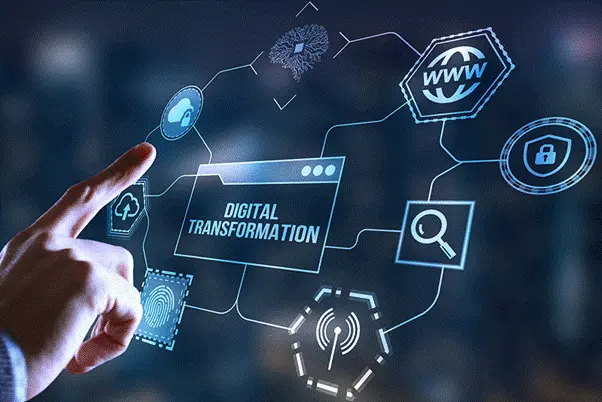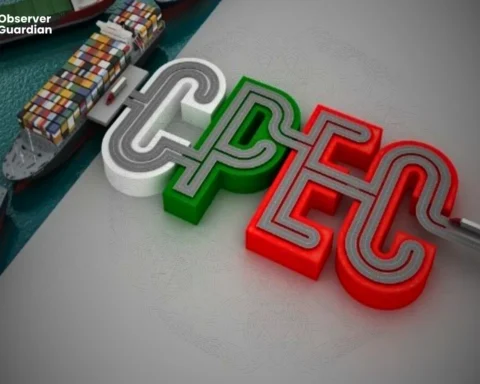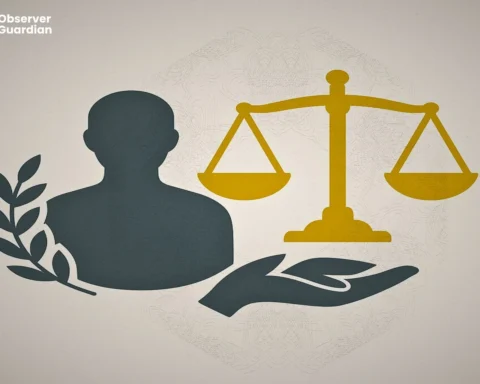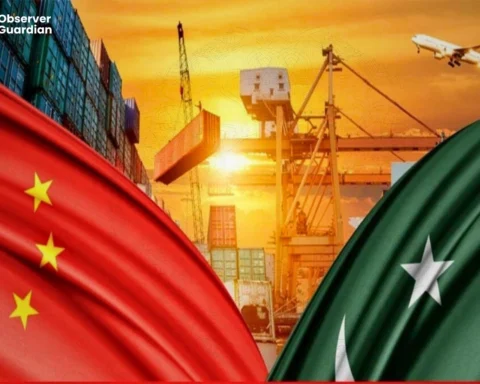Digital technology is fundamental for social, economic, and access to basic services development in the linked world of today. Still, especially in the Global South, the promise of the digital revolution remains unevenly realized. Digital inclusivity, that is, fair access to and use of digital technologies, is not only a matter of convenience; it is a basic need for solving ingrained inequality and promoting sustainable development. Nonetheless, the road to digital inclusiveness in the Global South is paved with major obstacles resulting from policy flaws, infrastructure shortages, economic inequalities, and cultural diversity.
The clear digital divide that still exists both across and inside nations is one of the main obstacles to digital inclusiveness in the Global South. This divide covers the quality of people’s internet connection, digital literacy, device and service affordability, and content relevance in addition to whether individuals have internet access. Access to digital technologies is still either limited or non-existent for many rural communities and underprivileged populations, particularly women, persons with disabilities, and ethnic minorities. Recent data shows that several African and South Asian nations have internet penetration rates much below world standards. In some areas, fewer than 30% of the population is online, in many parts of the Global North, almost universal access rules.
A big factor causing this difference is infrastructure shortcomings. Many Global South countries have poor cell network coverage, unpredictable energy sources, and insufficient broadband infrastructure. Difficult topographies and the high expenses related to network deployment in low-density rural areas may aggravate these infrastructure problems. Such infrastructure development requires a significant financial commitment; hence growth stays slow without continuous government and international organization support. Furthermore, even in cases with infrastructure, the cost of internet services and devices can be shockingly high in relation to local earnings, therefore imposing an affordability constraint that limits significant access.
Beyond mere access, digital literacy is a crucial determinant of people’s capacity to profit from technology as well as of communities’ Digital skills cover not just the capacity to operate gadgets and negotiate the internet but also knowledge of how to critically assess material, safeguard privacy, and interact safely and successfully on digital platforms. Many education systems in the Global South regretfully still lack thorough digital literacy instruction, which leaves many people unprepared to fully engage in the digital economy or society. Older persons, women, and rural communities significantly show this disparity since conventional gender roles, educational differences, and societal conventions can restrict chances to acquire these fundamental abilities.
Further complicating the difficulty of digital inclusiveness are linguistic and cultural variety. A few global languages, mostly English, control most of the material on the internet, therefore restricting access for speakers of native and local languages. Many consumers find little reason to interact with digital technology without relevant and culturally acceptable material, which might support feelings of marginalization and exclusion. Important but requiring resources and knowledge sometimes unavailable in less developed areas are efforts to localize material, create apps suited for local needs, and use indigenous knowledge.
The policy and legal surroundings of digital technologies present still another major obstacle. Weak government systems, unclear digital strategies, and inconsistent regulations impede the spread of inclusive digital services in various Global South nations. Digital environments may become less open and accessible depending on issues such internet censorship, data privacy concerns, and monopolistic behaviour by powerful telecom firms. Moreover, the lack of unified national policies emphasizing digital inclusion as a developmental objective results in the fragmentation, donor-dependent nature of many digital projects and their short lifetime.
Notwithstanding these great obstacles, the Global South has also shown amazing creativity and fortitude in expanding digital inclusiveness. For example, mobile technology has revolutionized access to the internet by millions of people using cellphones, therefore avoiding the need for fixed-line infrastructure. Mobile money services have changed how people save, buy, and obtain credit, hence revolutionizing financial inclusion in nations like Kenya. Often using local expertise and participatory ways to remove obstacles, community networks and grassroots digital literacy projects are becoming increasingly successful means to reach underprivileged groups.
Private sector players, governments, and international organizations are realizing more and more the need of closing the digital divide and supporting inclusiveness. Programs like the Sustainable Development Goals of the United Nations specifically include aims for worldwide and reasonably priced internet connectivity. Public-private alliances seek to pool resources and knowledge to grow localized content and extend infrastructure. Particularly for women and young people, capacity-building initiatives emphasizing digital skills training are gathering steam. These initiatives, however, call for a more coordinated, context-sensitive approach addressing the multifaceted character of digital exclusion.
Achieving digital inclusion in the Global South is ultimately about tackling underlying social, political, and economic inequities rather than only about technological application. It calls for a comprehensive plan combining infrastructural development with reform of education, cultural inclusion, policy innovation, and community empowerment. Millions risk being left behind in a society depending more on digital connectivity for education, healthcare, economic opportunities, and civic involvement without comprehensive digital access.
In essence, even if the digital revolution has great power to change Global South countries, achieving this promise calls for facing ingrained difficulties. A complex terrain of digital exclusion is shaped by infrastructure shortages, affordability concerns, digital literacy shortfalls, cultural and linguistic hurdles, and policy shortcomings taken as whole. Still, the resiliency and inventiveness shown throughout these areas give hope and directions forward.
The Global South can approach digital inclusiveness by supporting inclusive legislation, infrastructure development, community empowerment via education, and culturally relevant content production. In the digital era, this advancement is not only vital for economic growth but also for the more general objective of social equity and worldwide justice.







